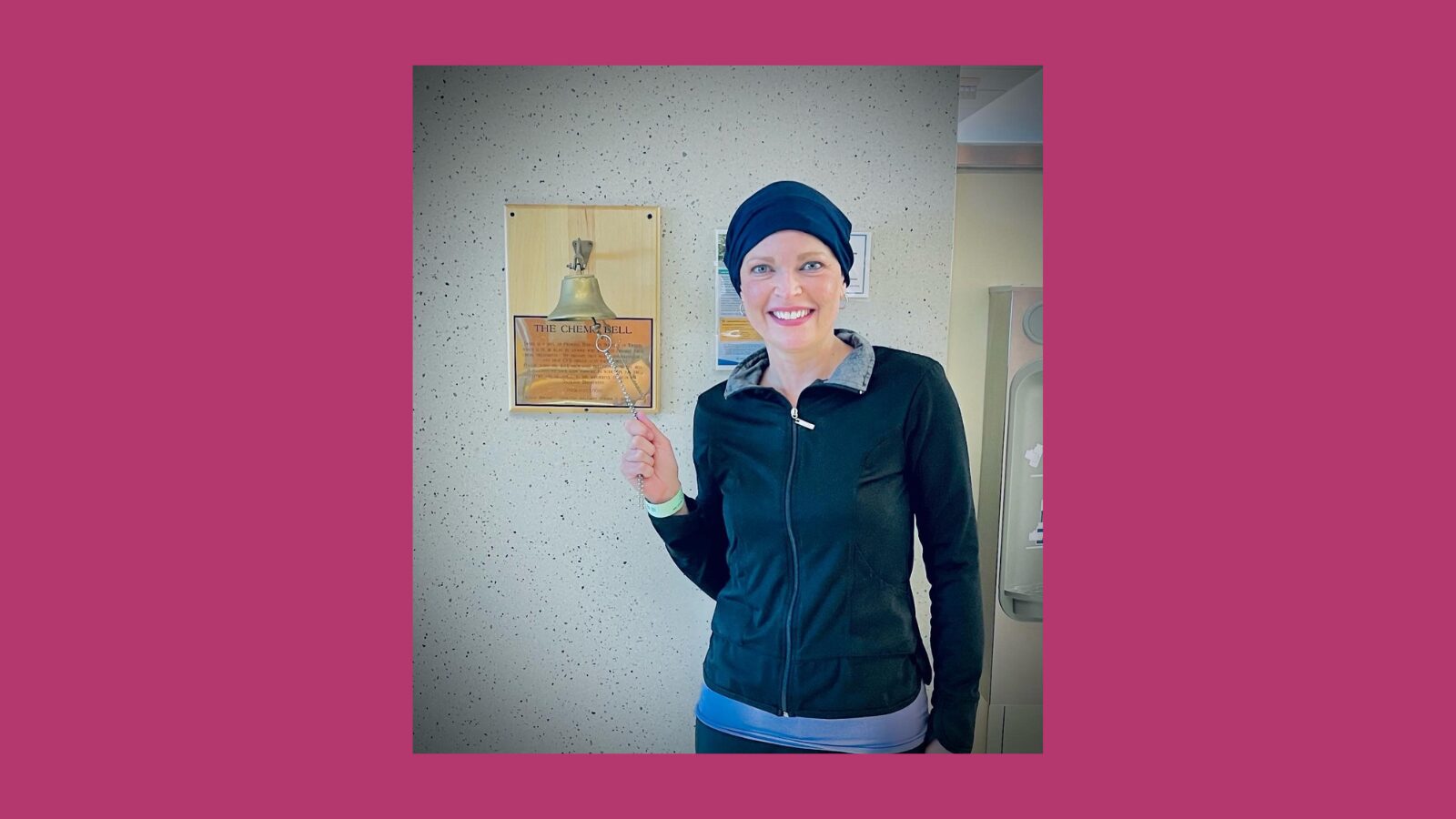The Reality of Abandonment in “Survivorship”
5 MINS to read

During my treatment for triple positive, stage 3 breast cancer, when I wasn’t sure if death was imminent, I cursed the cancer patients who lamented survivorship. I rolled my eyes and promised myself that if I got a NED verdict, I would jump for joy—and I did. When my talented team at Credit Valley Hospital in Mississauga gave me the news, I almost fell to my knees. I was so grateful. I still am grateful.
The trickiest part came next. Throughout my treatment, I couldn’t have felt more supported. The doctors and nurses gave me a full binder full of advice and instructions. I understood (mostly) every step of my treatment plan. But when it was over, things went radio silent. Nothing, crickets, not even one handout sheet. As a goal-oriented person, I felt completely abandoned.
My family doctor was helpful with the physical side effects of my aggressive treatment, and in time, I started to feel a bit stronger. But my cognitive issues didn’t budge. Work was also wonderful in supporting my physical limitations in my hands and feet caused by chemotherapy. But it’s hard to look at someone who SEEMS to be getting healthier and understand that they are struggling with almost invisible but severe cognitive limitations. They call it “chemo brain,” but I assumed I would bounce back after chemotherapy was over—I didn’t.
And so now I understand those cancer patients I once rolled my eyes at. The truth is that I didn’t know, but now I do. My short-term memory is practically non-existent, my attention span is gone, and my ability to sequence anything in the proper order has disappeared. I have to watch television with captions on so I can fully understand what is being said. I find it hard to finish sentences when I speak, especially in the afternoons and evenings when I’m tired. My family tells me that I space out all the time. I search for words, and my spelling has taken a nose-dive, which is tough to take because I’m in communications and a published writer and used to pride myself on those skills.
I was so naïve. I had no idea that reinventing myself would be so hard. I used to be the “healthy girl” in excellent shape, cute, smart, and driven. Who am I now? It’s a confusing time. I still have unending gratitude for the treatments and people who literally saved my life. But I wish… I wish the hospital teams had a mandatory final step of treatment and support called “how to re-integrate back into society after your near-death experience.” Heck, I’d even be willing to help them write an info packet. And why are psychologists not part of this? Does anyone actually think it’s reasonable to come out of an experience like this with zero trauma?
Yes, there are programs to help with some of it. It’s piecemeal. A little course here, an article there, but the patient has to dig for these offerings. The cancer patient is simply not healed as a person after treatment is over. Our souls are crushed. There should be a direct pathway at the hospital into the therapy department after treatment is concluded or, better yet, throughout the entire experience starting at diagnosis.
Cancer doctors are overworked and mostly trained to keep you alive. So, if they feel they have done that, then some feel their job is done. I have heard the same complaints from breast cancer patients who are stage four. They feel that in many cases, if the doctor doesn’t see a chance of a pathological complete response, then they are no longer being given priority as a patient. This isn’t the doctor’s fault, but rather the fact that the healthcare system is underfunded and strained.
This is where the work lies. With constant cutbacks in the healthcare system, it will be a tough battle to make our voices heard. But if there is anyone up to the challenge, it’s cancer patients. I’m actually hoping that someone from a hospital reads this and realizes there is a piece missing from treatment. A piece that is JUST as important as healing our bodies.
Will I ever again be that carefree, smiling girl from the pictures of my past? Will I excel in the skills I had before cancer? No. That girl died when I received my cancer diagnosis. I have now been blessed to be able to spend some more time here with my friends and family. During this “bonus life,” as I call it, I will continue to grieve the person I lost while simultaneously living the life I want. Now that I have been tossed into the world of “survivorship,” I know I will need to continue to find support to integrate my experience with cancer. Who I will become remains to be seen, but I know there should be room for the new me in this world. I will expect it and fight for it. — Dani Lalonde